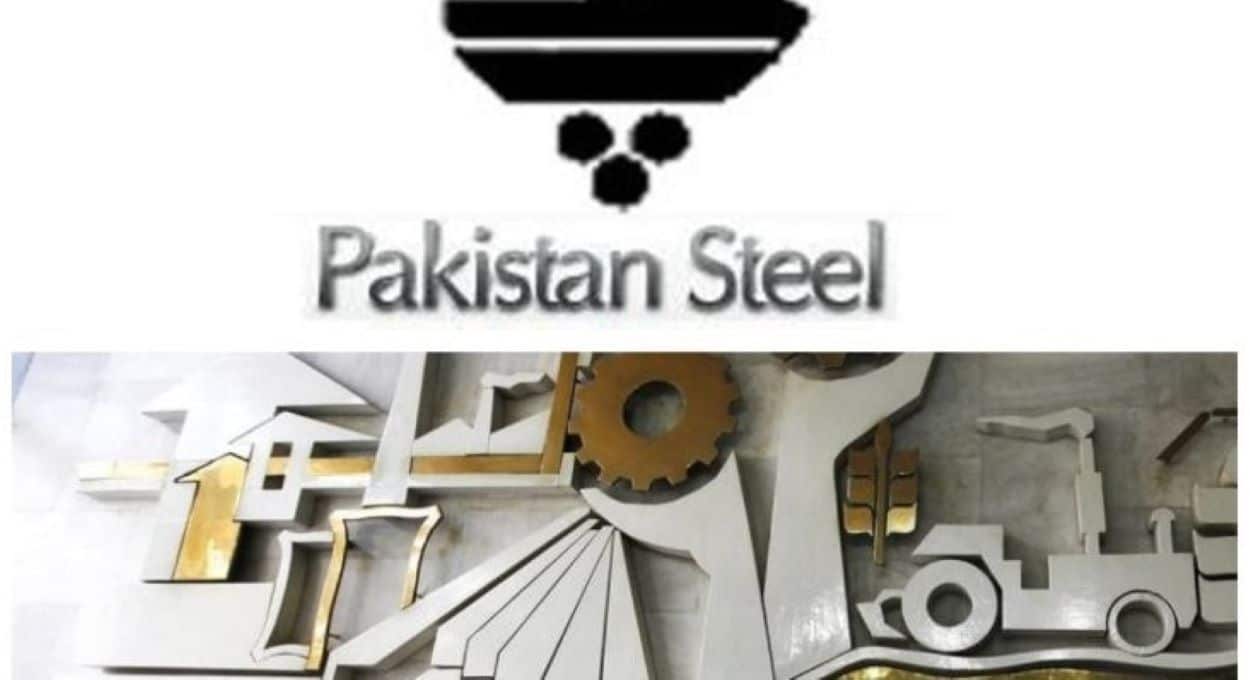The Sindh government has decided to allocate 4,000 acres of land from Pakistan Steel to Chinese investors to establish a Special Chinese Export Economic Zone.
Sindh’s Minister for Industries and Commerce, Jam Ikramullah Dharejo, disclosed this plan during a special session with Council of Economic and Energy Journalists (CEJ) members.
Minister Dharejo emphasized that if the government sells the land owned by Pakistan Steel, the Sindh government should receive a share of the proceeds. He explained that this land, initially provided by the Sindh government specifically for the steel mill, should continue to benefit the region. He added that any future operations at the steel mill should proceed under a public-private partnership, with the federal government handling all financial responsibilities.
Read: Federal Govt Decides Shutdown Pakistan Steel Mills
The minister also mentioned that the Sindh government is actively engaging with local and international investors, including potential collaborators from Russia, to promote economic growth. On the topic of Independent Power Producers (IPPs), Minister Dharejo stated the need to review and renegotiate existing agreements and urged the federal government to address these critical issues promptly.
Read: Pakistan Steel Mills: ECC approves another Rs.1 billion while Hinting at cutoff
In addition to the Chinese investment zone, Minister Dharejo announced the development of a new state-of-the-art Special Economic Zone on 2,000 acres along River Road, which will also proceed under a public-private partnership. The launch of Noriabad Industrial Zone Phase 3, which covers 1,300 acres with 50 acres dedicated to the service industry, marks a shift of focus from Punjab to Sindh. Plans are also in place to set up agro-processing zones in major cities.
Minister Dharejo called for a change in the federal bureaucracy’s approach to Sindh’s developmental projects, asserting that the taxes collected from Sindh should fund local development projects. He shared plans to digitize the land records of all seven industrial zones in Karachi. He recommended that the Sindh Revenue Board handle agricultural tax matters, emphasizing the province’s commitment to enhancing its economic infrastructure.






